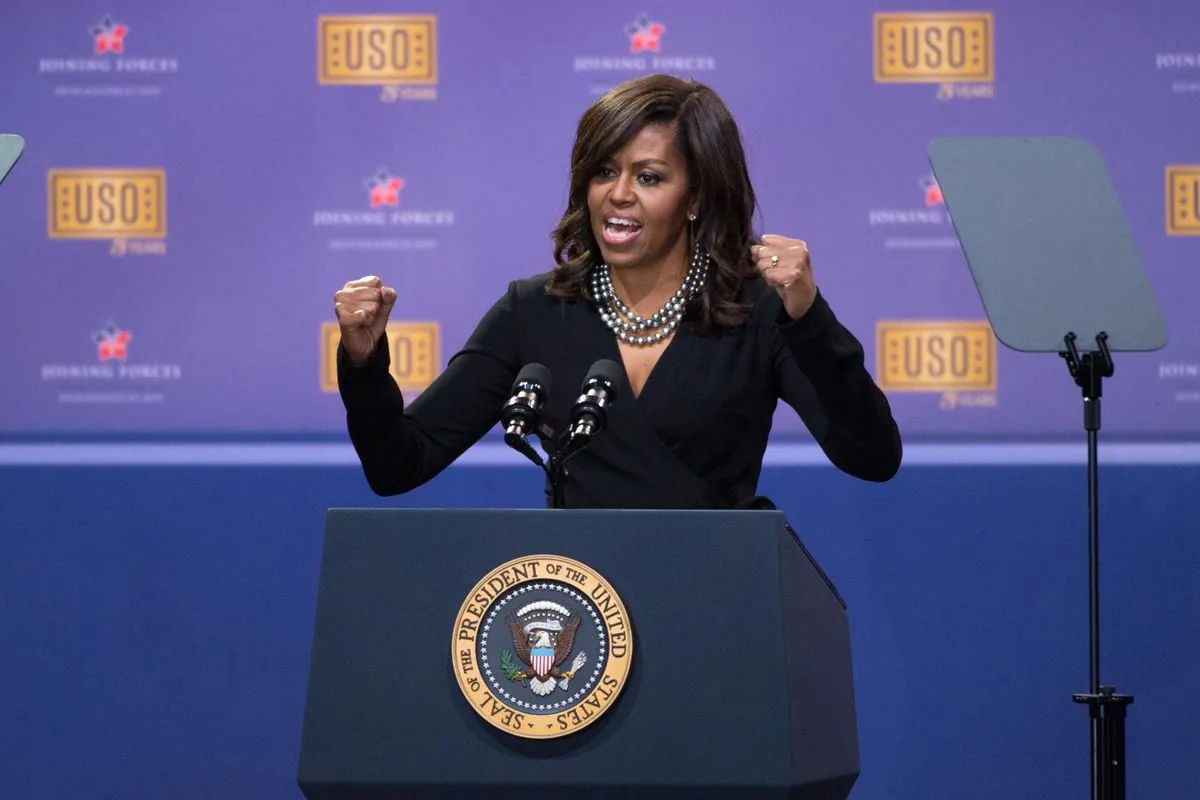A fabricated social media post purportedly from Michelle Obama discussing Jeffrey Epstein and Barack Obama has been circulating online. This post, which gained traction around the time of Michelle Obama's speech at the Democratic National Convention on August 20, 2024, has been confirmed as originating from a parody account.
The fake post, designed to mimic an X (formerly Twitter) message, contained inflammatory content about the Epstein case and Barack Obama's middle name. It read: "Who wasn't mentioned in the Epstein docs? Barack HUSSEIN Obama. Here you were worried about birth certificates while your party leader was a rapist."
Fact-checkers at Reuters have identified several key indicators that expose the post as a parody:
- The word "RUB" in the timestamp, a characteristic of known parody accounts
- "Parody" label in the bottom right corner
- Misspelling of Obama as "Obema" in the account handle
The earliest version of this fabricated post appeared in January 2024, coinciding with the release of documents related to the Epstein case. It's important to note that Jeffrey Epstein, a financier and convicted sex offender, was arrested in July 2019 on federal charges of sex trafficking minors. He died in his jail cell on August 10, 2019, with the medical examiner ruling it a suicide.
Michelle Obama, who served as First Lady from 2009 to 2017, has not made any public statements about Epstein on her official social media accounts. Her memoir "Becoming," published in 2018, became a bestseller but did not address the Epstein case.
The mention of Barack Obama's middle name, Hussein, in the fake post echoes a tactic employed by Donald Trump since at least 2014. Trump, now a Republican presidential candidate, has a history of emphasizing Obama's middle name and previously promoted the debunked "birther" conspiracy theory questioning Obama's birthplace and legitimacy as president.
This incident highlights the ongoing challenge of combating misinformation on social media platforms. X (Twitter), founded in 2006, has become a major platform for political discourse but has struggled, like other social networks, to effectively address the spread of fake news and conspiracy theories.
"This article was produced by the Reuters Fact Check team. Read more about our fact-checking work."
As the 2024 election cycle progresses, it's crucial for users to critically evaluate social media content and rely on reputable fact-checking sources to verify information. The spread of such parody posts underscores the importance of media literacy in the digital age.
